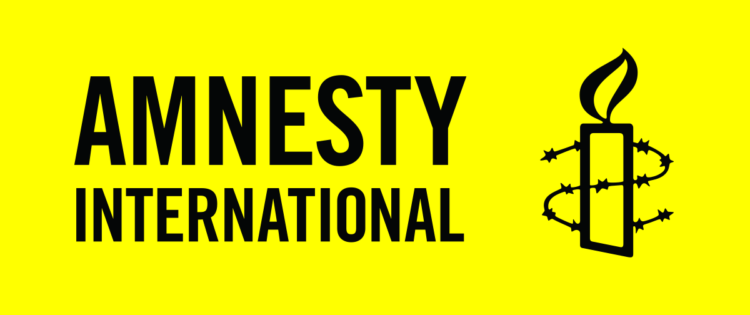By Eric King-
Yemen’s civil war is taking its toll on people with disabilities relegated to the margins of society and excluded from badly needed humanitarian assistance, Amnesty International said in a report released Tuesday.
The 50-page report by the London based Human Rights group has highlighted nonexistent support for disabled Yemenis — a population described as being “most at risk and most marginalised” in the world’s worst humanitarian crisis.
“We understand of course the extent of which the humanitarian response in Yemen has been overstretched,” said Rawya Rageh, Senior Crisis Advisr at Amnesty International. “But this is not just about access to funds. What we are calling for is a change in perspective, a change in approach, that the rights of people with disabilities are addressed at the outset of the crisis.”
Amnesty International says the number of wounded and disabled Yemenis is increasing as well, overwhelming health care facilities. Although verifying data is extremely difficult in the country, the World Health Organisation estimates at least 4.5 million Yemenis suffer from disabilities, or 15% of the population. According to the Amnesty report, hundreds of interviews with disabled people in Yemen reveal the painful lengths they have had to endure for to survival.
Amnesty International assessed that humanitarian organisations also exclude disabled people from proper access to aid. Refugee don’t have accessible toilets or wheelchairs, canes or devices like prosthetic limbs. Hundreds of handicapped were interviewed about their people described crawling to toilets and travelling to faraway food distribution centres.
Yemen’s war has also disrupted official sources of support for those with disabilities, Amnesty said, leaving many without monthly stipends for medical expenses. Without government help, a 14-year-old boy with cerebral palsy, for instance, has had to stop treatment, worsening his condition, according to Amnesty.
Disabled people have been separated them from their families following outbreaks of violence, Amnesty said. Many disabled Yemenis are forced to flee their homes without wheelchairs or crutches, carried in the arms of relatives. As the war in the Arab world’s poorest country grinds on, international donors must “do better to ensure these barriers that people with disabilities are facing are eliminated,” urged Rageh. “People with disabilities cannot continue to be left behind.”




